The talent gap
Kevin Schug: Universities in the US are shifting away from hiring analytical chemistry faculty with formal credentials. This issue is worsened by a thriving job market in the industrial sector, where analytical chemists with PhDs tend to find employment. Additionally, there is a limit on funding for analytical chemists in academic institutions. I have worked to fill this funding gap in my own research by collaborating with industry partners – though virtually all of my students have been taking jobs in industry. With less focus on pushing boundaries in analytical measurements in academia, fewer students will be exposed to the wide range of analytical technologies available – making the competition for classically trained analytical chemists more fierce when applying for industry jobs.
Daniel W. Armstrong: In the US, it’s the decreasing production of PhD analytical scientists – especially separation scientists. This is somewhat nonsensical as the most prevalent jobs in chemistry are in separations, mass spec, and combinations of the two. Numerous companies are having to hire people that aren’t trained analytical scientists to complete analytical research projects. When graduates have multiple job offers up to a year before graduating whereas those in other disciplines have nothing, you know that something is out of balance.
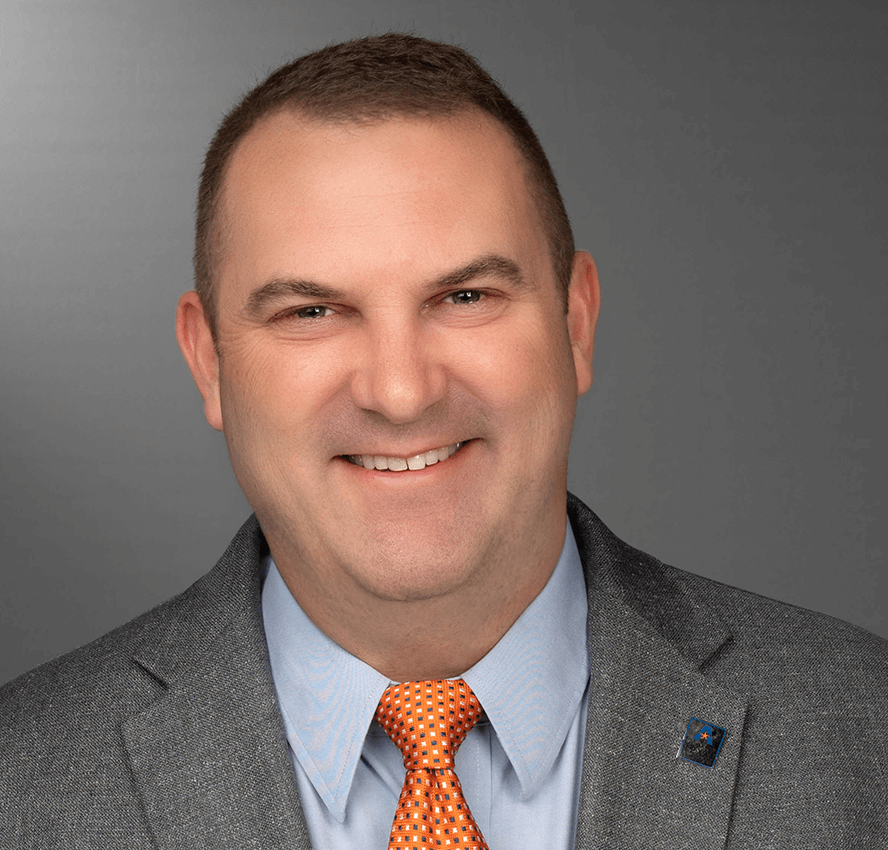
Kevin Schug
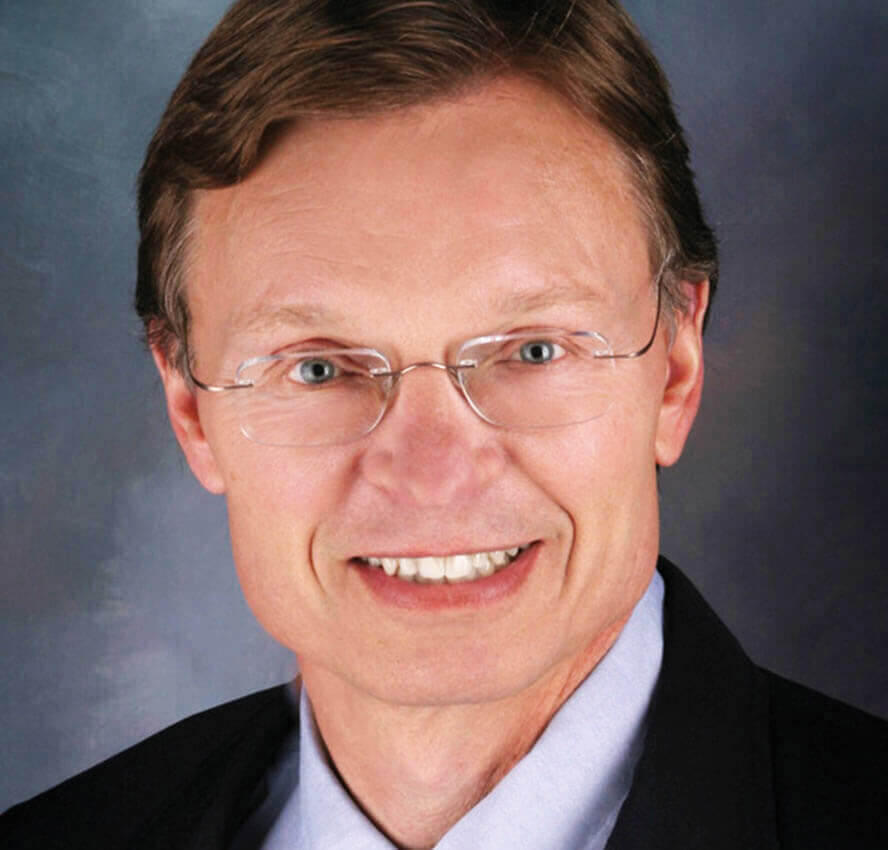
Daniel W. Armstrong
Karen Faulds: Cost of living is causing a highly negative effect on people deciding to do PhDs. If this drop continues, we could be facing further skills gaps in analytical science with fewer people trained in interdisciplinary research.
Gert Desmet: I don’t see challenges, only opportunities. It is for example often said the field is being threatened by the shrinking number of well-trained people. Well, let this be so, and let the routine tasks being carried out by retrained gym teachers and environmental biologists, and let the AI algorithms take over part of our jobs by making suggestions for the most adequate buffer solution or wading through pages and pages of results. This only just gives the analytical specialists more time to focus exclusively on the fun bits – the high-level tasks that require insight and ingenuity and give a maximum of job satisfaction.
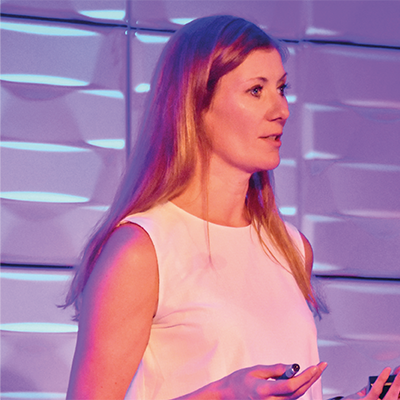
Karen Faulds
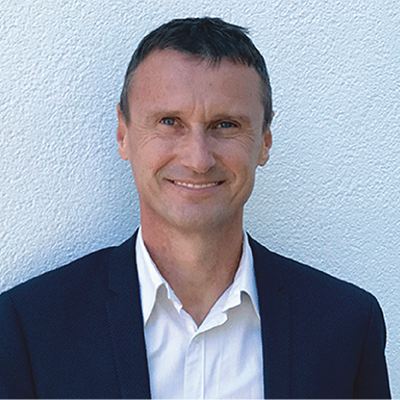
Gert Desmet
Education challenges
Bhavik Patel: Our approach towards developing the future generation of analytical chemists has not moved with the times – the curriculum is quite static. We must ensure creative processes are developed for the delivery and assessment of analytical sciences. This will boost the employability of graduates and prepare them for a diverse range of careers.
Facundo M. Fernandez: We need to change our mindset from the univariate to the massively multivariate for measurements and diagnostics. Challenges in this area transfer to training our students – the curriculum is vastly outdated and we need to speed things up to meet the needs of 21st century professionals.
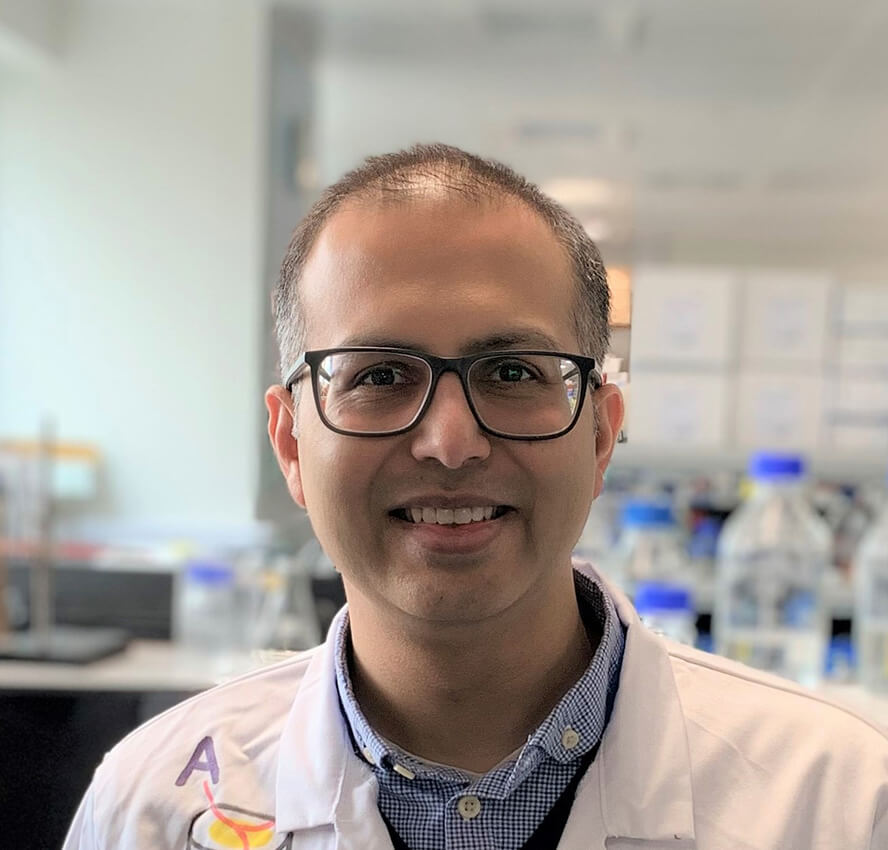
Bhavik Patel
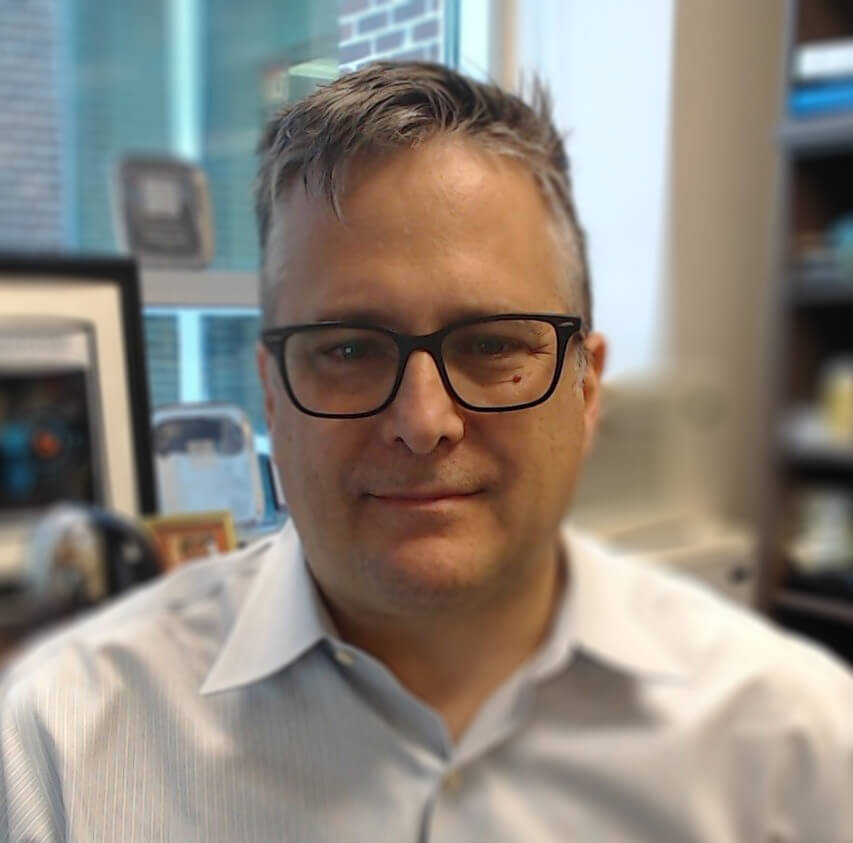
Facundo M. Fernandez
Deirdre Cabooter: We also need to ensure that students are sufficiently trained in the fundamentals, so they can adequately troubleshoot and truly understand what they are doing and for what reason. I am a little worried about some evolutions taking place in our education system at the moment, where there seems to be an increasing interest in developing soft skills at the cost of the basics.
Of course, soft skills are important as well, but I think these can more easily be developed at a later stage when you’re already active in a professional environment. It becomes much harder to catch up on the basics at later stages.
Thomas J. Wenzel: It is incredibly challenging to find the time and resources to work with faculty members to create an active learning environment across all subjects. The effectiveness of active learning is critically dependent on the qualities of the instructor, but unfortunately, there are many instructors who have very little experience in active learning. Beginners often need time and feedback from skilled practitioners to refine their effectiveness.
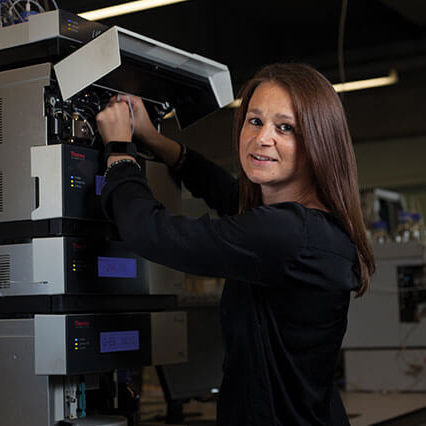
Deirdre Cabooter
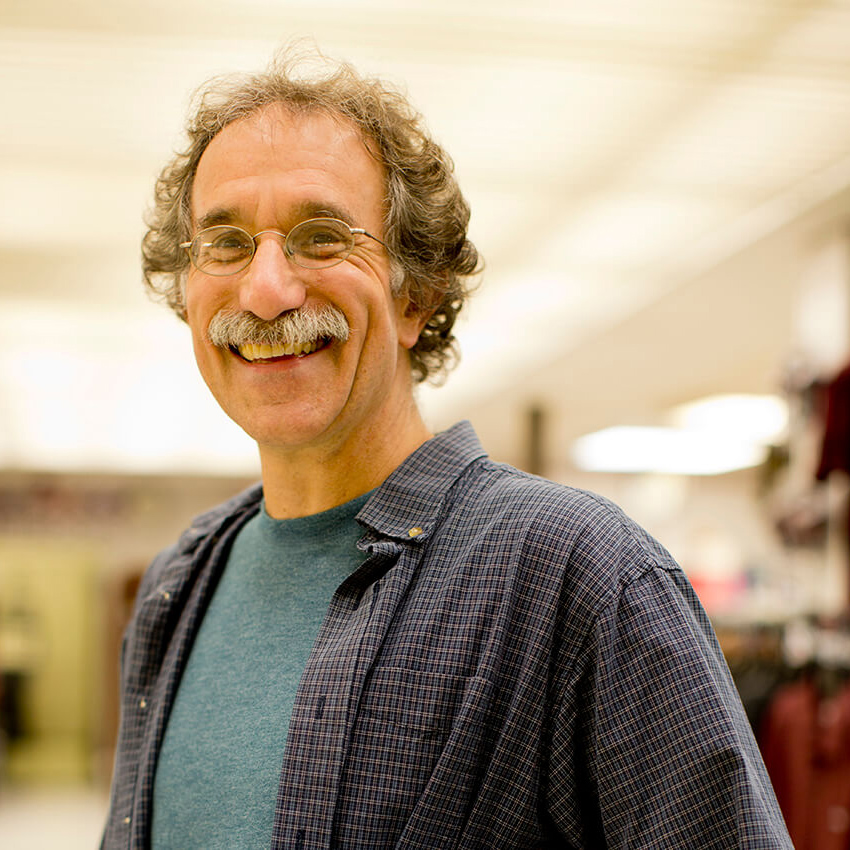
Thomas Wenzel
Anthony Gachanja: A major challenge in science today is inclusivity for all – including major limitations in availability of facilities for scientists in developing countries. Without the ability to experiment and interact with scientific ideas, it is difficult to explore new territories. Science across YouTube is fantastic – providing opportunities to indulge firsthand, but lab work is still essential for that Eureka moment within research studies. Setting Centers of Excellence is a great step forward – setting up science camps for different grades of learners will keep the fire of science exploration burning.
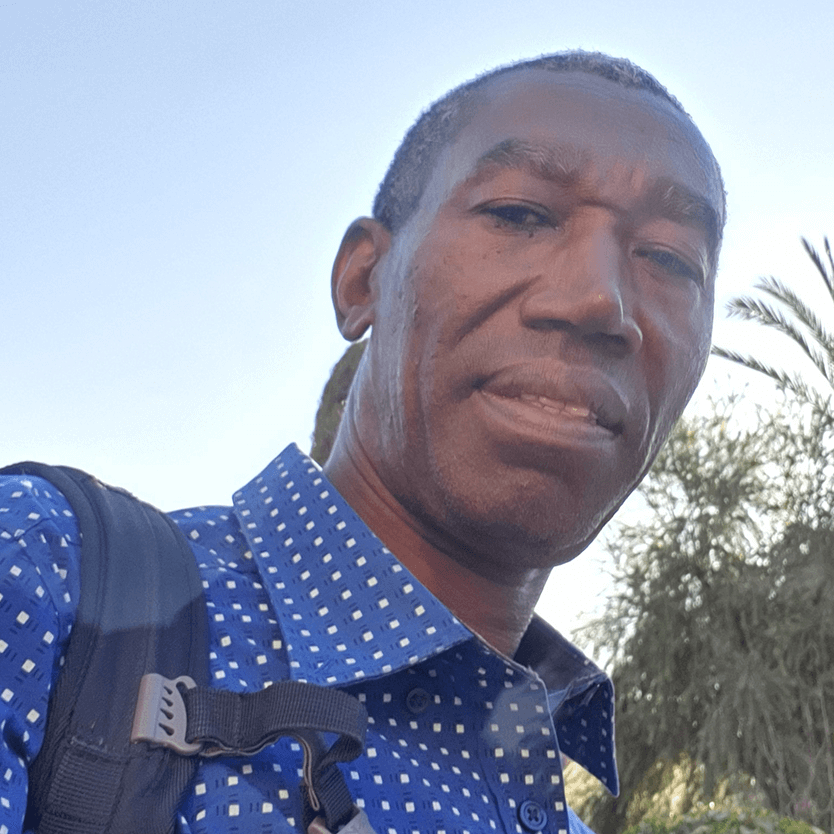
Anthony Gachanja




